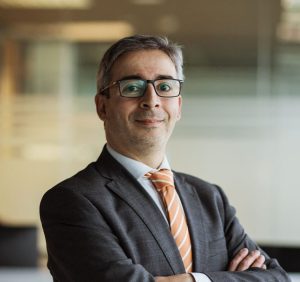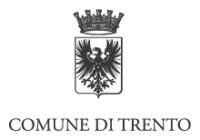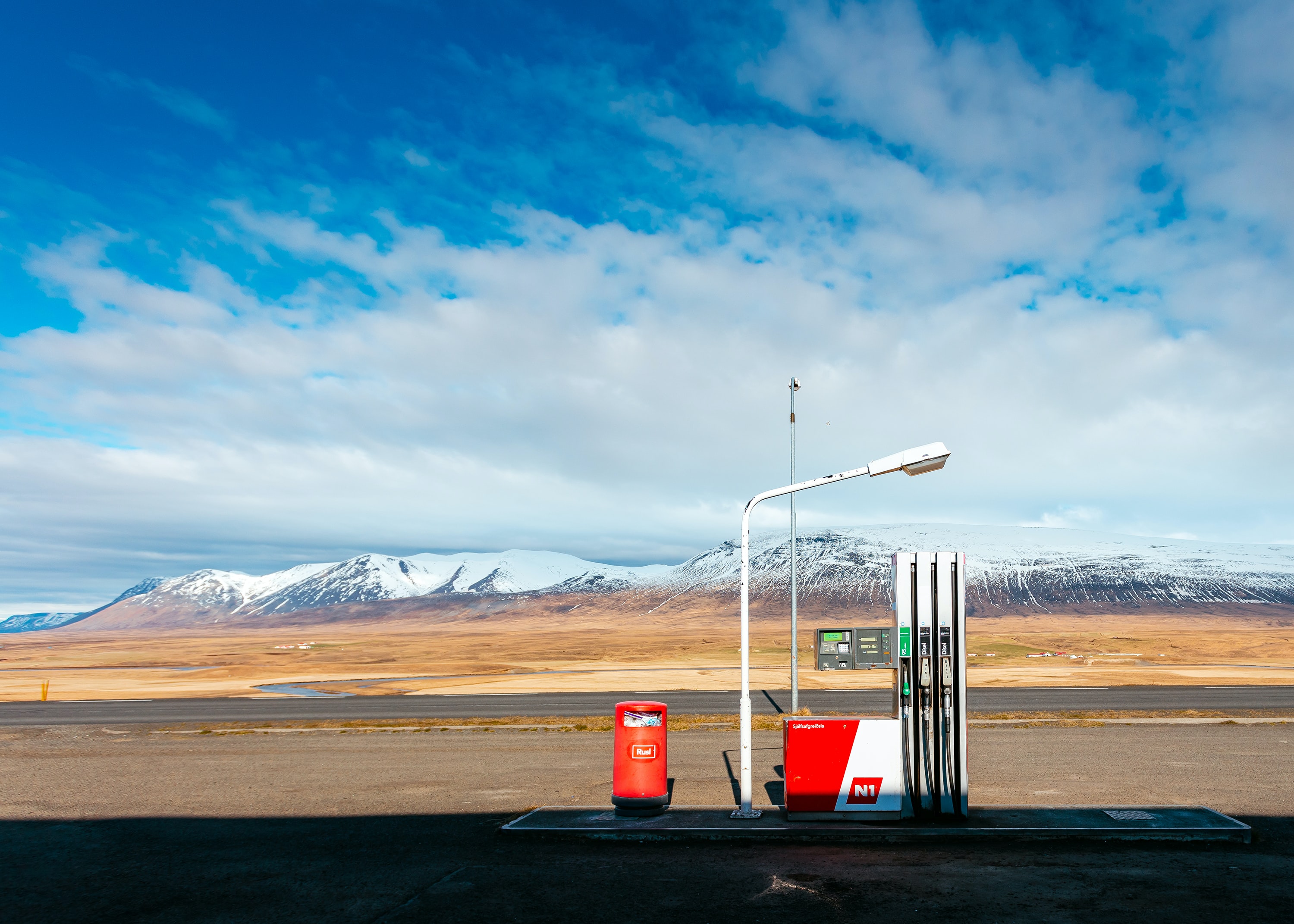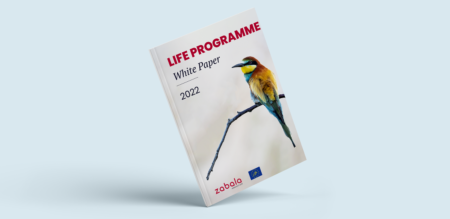
Industry, Aerospace
EFFECT
El proyecto EFFECT, tiene como objetivo comunicar los resultados de la investigación sobre las tecnologías futuras emergentes para hacerla más...

Project dates
2017 - 2022
Website
Role of Zabala
partner
Project led by
CENER
29
Partners
7
Cities
21 M€
Budget
9
European cities
The objective of the STARDUST (Holistic and integrated, urban model for Smart Cities) project is to test solutions aimed at increasing the overall energy efficiency and improving the quality of life in the lighthouse cities (Pamplona – Spain, Tampere – Finland and Trento – Italy) and in the follower cities (Derry – United Kingdom, Kozani – Greece and Litomerice – Czech Republic), as well as stimulating the local economy and generating new business models. This will be achieved by applying the ‘Smart City’ concept: integrating in the building, energy and electric mobility sectors, the most advanced information and communication technologies, connectivity, and the Internet of Things. The National Renewable Energy Center (CENER) is leading the project.
The three “lighthouse cities” and the follower cities, in which the model will be replicated, have previously been working on different projects and actions to address the most common urban challenges: CO2 emissions, air pollution, traffic congestion, energy efficiency and energy poverty, economic growth and job creation, digitalisation or international visibility. These are aspects that converge in the economic, social and environmental fields.
The cities participating in the project will work closely with industry partners, including small and medium-sized enterprises, universities and research centres, to drive innovation in the urban environment and develop demonstrative experiences. In this way, smart integration measures will be implemented, and innovative technical solutions and business models will be tested and validated. These strategies may be replicated in other European cities.
STARDUST will test and validate solutions that enable rapid market deployment and demonstrate that the smart integration of these actions, together with other complementary non-technological measures, can provide a platform for citizen participation. Smart cooperation among local governments, businesses, and research centres will improve citizen’s quality of life, while boosting local economies through a new productive model.


This project has received funding from the European Union’s Horizon 2020 research and innovation programme, under the grant agreement grant agreement No. 774094

“Smart Cities are not the ones with the most technology: a city is smart if it counts on citizens to design the city they want and if the city puts technology at their service.”
Juan Cristóbal García
Senior Innovation Strategy Consultant



























Industry, Aerospace
El proyecto EFFECT, tiene como objetivo comunicar los resultados de la investigación sobre las tecnologías futuras emergentes para hacerla más...

Climate, Natural Resources and Environment
ButaNexT aims to validate an integrated and more sustainable process for obtaining butanol from different types of raw materials that...

Digitalisation
FIWARE FINODEX (Future Internet Open Data Expansion) is a European business incubator and accelerator.

News
Energy

Opinion
Innovation Fund

Rocío Fernández
Consultant

Publication
LIFE
We present the LIFE Programme's WHITE PAPER, especially useful if you are thinking of submitting your proposal to the 2022 call for proposals
The important thing is not to keep moving, but rather to know in which direction to go. Our 37% success rate proves that we know how to guide our clients.
Our compass is our clients; our mission is to solve their problems, guiding them so that innovation becomes their key to competitiveness.

This website uses cookies so that we can provide you with the best user experience possible. Cookie information is stored in your browser and performs functions such as recognising you when you return to our website and helping our team to understand which sections of the website you find most interesting and useful.
Strictly Necessary Cookie should be enabled at all times so that we can save your preferences for cookie settings.
This website uses Google Analytics to collect anonymous information such as the number of visitors to the site, and the most popular pages.
Keeping this cookie enabled helps us to improve our website.
Please enable Strictly Necessary Cookies first so that we can save your preferences!
This website uses the following additional cookies:
(List the cookies that you are using on the website here.)
Please enable Strictly Necessary Cookies first so that we can save your preferences!